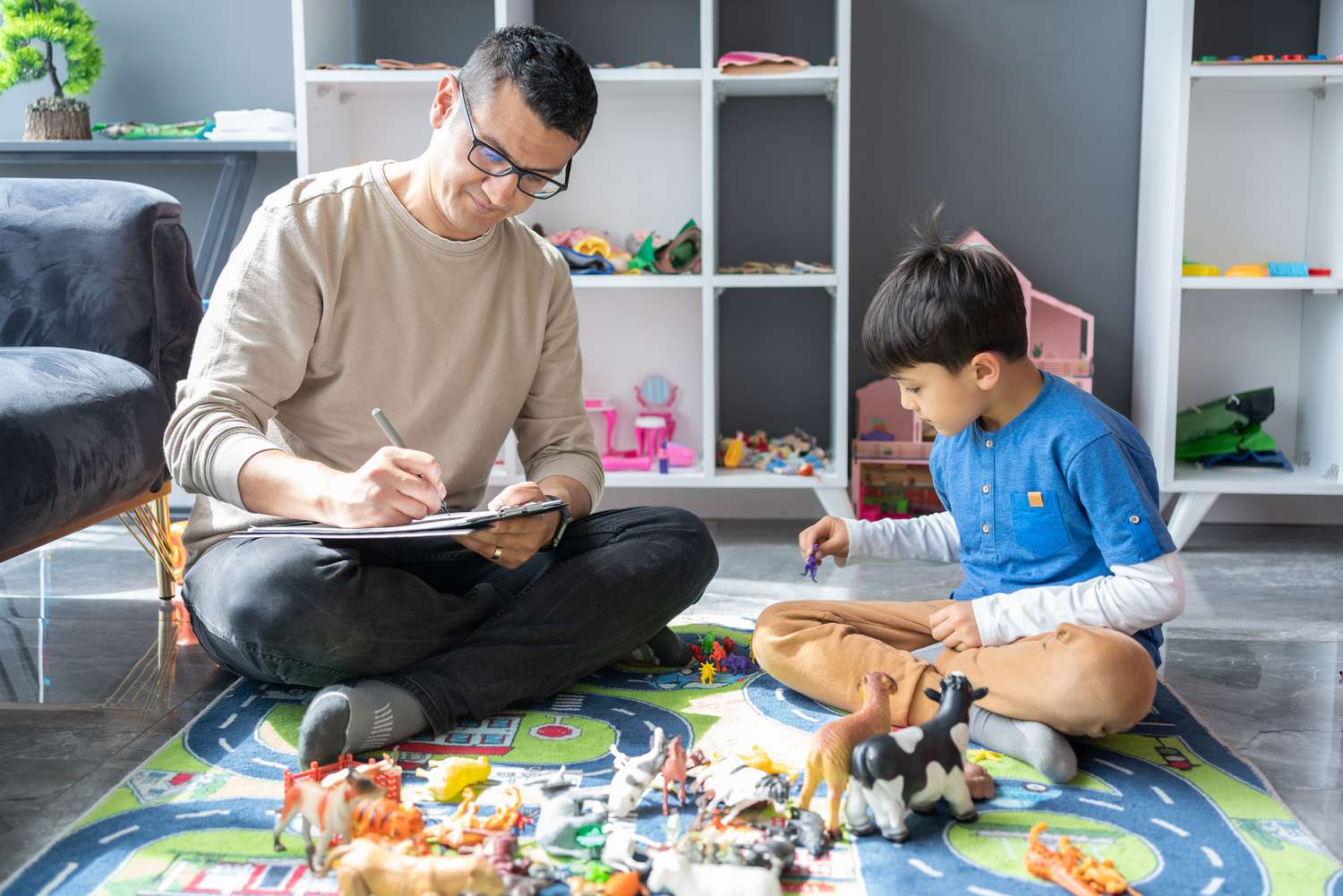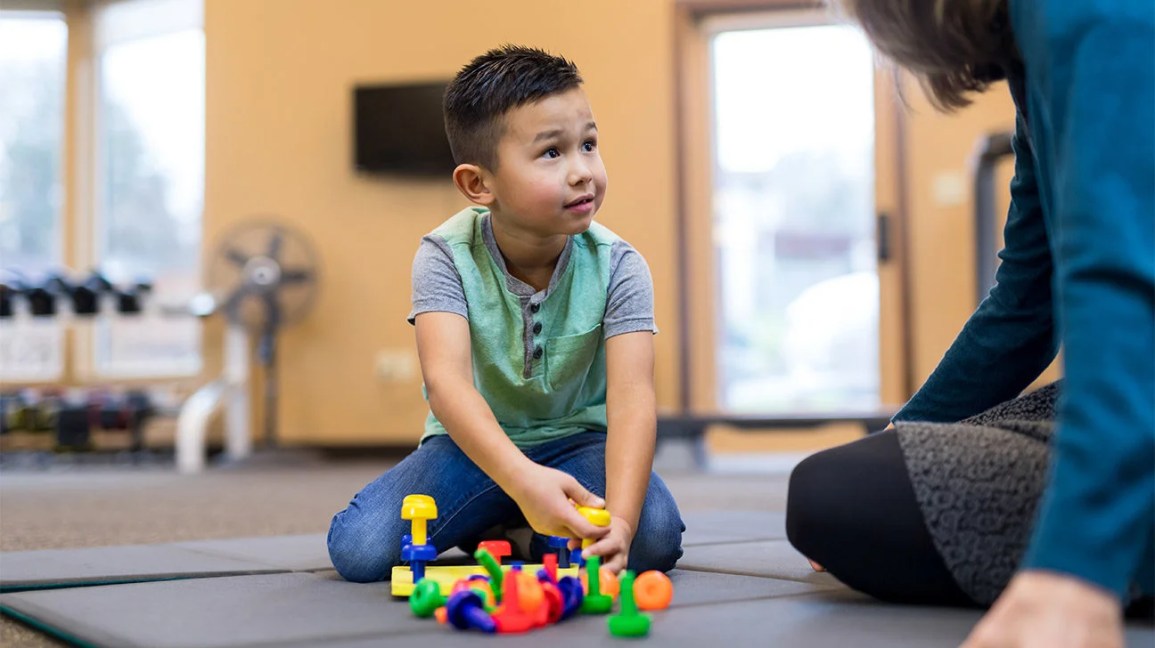
Child therapy is designed to support children in overcoming emotional or behavioral challenges, helping them build healthier relationships and reach their full potential. Because children often find it difficult to express complex feelings through words alone, therapists frequently use play-based techniques to help them communicate in ways that feel natural and safe.
A key part of the therapeutic process involves working closely with parents or caregivers. This collaboration ensures that the child receives consistent support both in and outside of the therapy room, and helps families grow stronger together.
Parenting can be challenging, and it’s natural to want the very best for your child. When it comes to their emotions or behavioral, it can be hard to tell what’s a passing phase and what might need professional support. You don’t want to overreact—but you also don’t want to miss something important.
If you’re feeling unsure or concerned, you don’t have to make the decision alone. Speaking with a qualified professional can provide clarity, reassurance, and guidance on the best way forward for your child and your family.

If any of the following sound familiar, it may be time to seek a professional opinion. Ask yourself:
Trust your instincts—early support can make a lasting difference.

Child therapy, combined with supportive family involvement, can help your child:
Support is available—and it can make a world of difference.